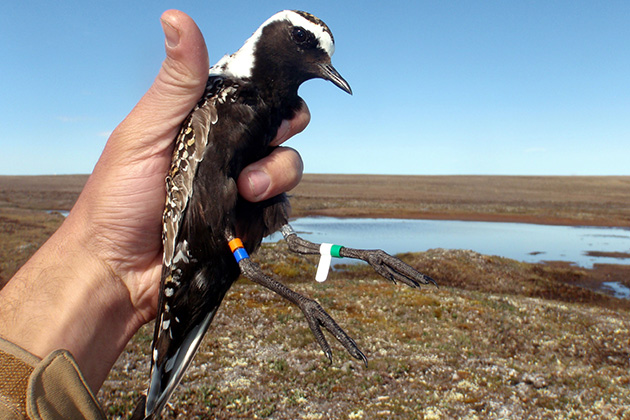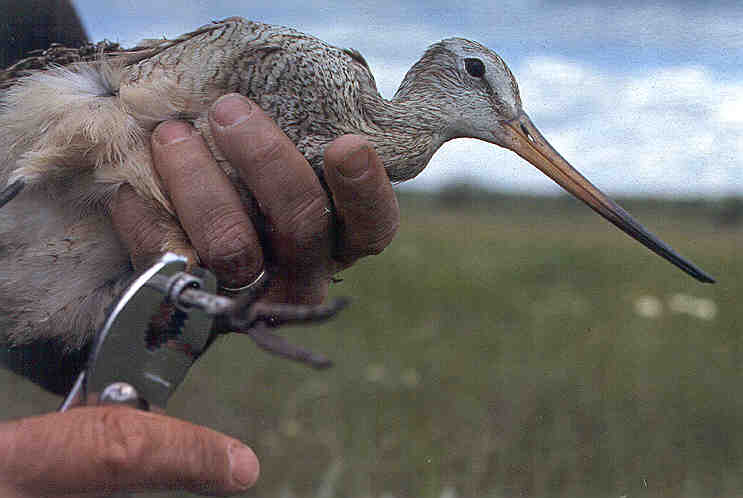The study of birds is called ornithology. It’s the scientific name for this field, which is why it’s usually referred to as ‘bird studies’. However, many people still call this subject ornithology because they don’t understand that there is more than just studying birds.
It’s important to know that not everyone likes animals, but there is a huge demand in this industry and so you can easily get a job doing this. You may be surprised to know how much money is made from the sale of pets around the world. For example, in South Korea alone, pet stores are worth over $200 million every year.
There are lots of different jobs within this profession. Some of these include:
Bird Keeper – Someone who cares for a variety of exotic birds such as parrots, owls, emus, lorikeets, or cockatoos.
Study of birds: bird watching, birdwatching, birders, ornithology, ornithologist, avian, fowl, avian science, avian studies, avian biology, avian ecologist, birds, bird watching, birdwatchers, birding, birding clubs, bird clubs, bird societies, bird societies
The study of birds includes ornithological classification, natural history, taxonomy, behavior, migration, ecology, evolution, ethology, physiology, and genetics.
Bird watching is the practice of looking at and identifying birds. Bird watching is often practiced through a variety of methods including watching from a car, walking, watching from a house, or sitting in a park or other outdoor location.
Birds may be studied and watched to learn about their diet, population trends, breeding patterns, migration patterns, habits, mating rituals, and behaviors. This study and watching may be done for pleasure, profit, to identify threats to species, and for scientific purposes.
Birds are often considered an animal, as they belong to a separate group from fish and reptiles. This group, the Aves, includes most of the living birds, as well as the extinct moas, which were similar to modern emus.
Birding is the hobby or pastime of bird watching.
Ornithology, or bird study, is the scientific study of birds.
Avian, a combination of bird and -ology, refer to birds as a class of animals.
Ornithology is the science of birds.
Avian science is a branch of ornithology that deals with the physical aspects of birds.
Avian science is the study of birds.
Ornithology is the study of birds.
Avian biology is the scientific study of birds.
An avian ecologist is a scientist who studies birds.
An avian ecologist is a scientist who studies birds.
Avian ecologists study birds and their habitats.
An avian ecologist is a scientist who studies birds.
An avian ecologist is a scientist who studies birds.
Birds are among the world’s largest flying mammals and are found across the globe. About a third of bird species are insectivores. Many bird species, including several types of duck, take part in various forms of terrestrial migration.
Taxonomy is the scientific classification of species.
Avian taxonomy, also known as bird classification, is a branch of zoology concerned with classifying birds by species.
Taxonomic classification or systematics is the process of determining how animals, plants, and fungi are classified and named.
Taxonomy is the classification of the living things on the earth into groups, orders, families, genera, species, and varieties.
Fowl, or avifowl, is a term coined by the late ornithologist Richard Bowdler Sharpe to refer to birds in general, including non-passerines (non-songbirds), while passerine birds are typically referred
Who Is the Study About Birds?
Birds have always been a part of human life. From the first bird that was ever seen to the modern-day pigeon, birds have played an important role in many cultures. And now, scientists believe that there might be more to their lives than meets the eye.
Researchers at the University of California-Berkeley found that the brains of these animals are very similar to ours. That means that they could potentially share some traits with humans.
For example, one of the most intriguing findings of this research is the discovery of a new brain region. This area is located just behind the eyes. Scientists say that it’s responsible for processing visual information and is also connected to other parts of the brain.
But why would we need a special place for seeing things? The answer is simple. We use our vision to help us navigate through space. So, if you’re in the middle of the woods, you can’t tell where anything is unless you look around. But, when you do, you’ll notice that there are certain objects in your field of view that don’t move.
This is because they aren’t moving. Instead, they are stationary points of reference. For instance, if you were to point out a tree, then you could see the rest of the forest as well.
Why Do We Need to Study It?
Birds have been singing since the beginning of time. Some of them like warblers, finches, thrushes, sparrows, and woodpeckers use song to attract mates. Others, such as the robin, bluebird, black-capped chickadee, and mockingbirds, sing to defend their territory. Still others, including the video, oriole, and Carolina wren, create beautiful melodies to communicate with one another.
It’s important to note that most bird species don’t understand human language. However, they can learn new songs from each other through imitation.

Why the Study of Birds Is Important
A bird’s life cycle is similar to that of humans. For example, most baby birds grow up to become adults, just like human babies. And, many animals have been observed to mate in a variety of ways, including by singing, dancing, mating with their eyes closed, or even mating on top of each other.
If you want to learn more about the world around you, then you should take advantage of the opportunity to study birds. The following article will help you understand why studying the lives of these amazing creatures can be so beneficial.
Birds are very intelligent. Many of them can recognize and imitate sounds. Some species even use tools to build nests and create homes for themselves.
Many people don’t realize that they’re watching birds. You might not know it, but you could be observing a flock of wild turkeys. Or perhaps you’ve seen a hummingbird fly through your kitchen window.
In addition, you’ll find out that there’s much that you can learn from the behavior of birds. This includes learning about how to communicate, adapt, survive, and thrive.
There are several reasons why studying the lives of birds is important. First, you will gain a better understanding of yourself and your environment. Second, you’ll discover new things about the natural world.
The Three Major Types of Bird Studies
A lot of people like birds. Some people even collect them. And, many scientists study these animals to learn more about how they live.
Birds have been around for millions of years. We know that their ancestors were dinosaurs, but we don’t know much else. Still, we do know that some kinds of birds are very intelligent. For example, we’ve known since the 1980s that parrots can understand human speech. However, it wasn’t until recently that researchers began to realize just how smart some other species of birds are.
There are two main reasons for studying birds. First, there is a chance that one day we will be able to use birds to help humans in the future. Second, birds can teach us about evolution and genetics.
The first type of research involves looking at what makes each kind of bird different. This includes things such as the way they build nests, the foods that they eat, or the songs that they sing.
The second type of research focuses on how birds adapt to new situations. For instance, we know that certain types of birds migrate from place to place in search of food. Other types of birds learn to fly so that they can hunt for themselves.
